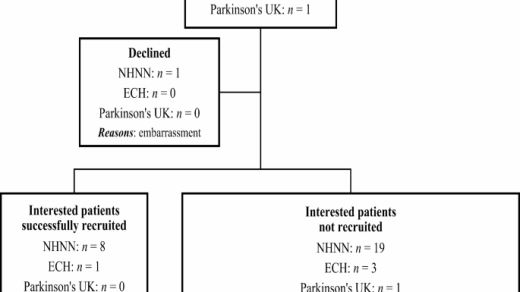
Imagine a world where neurological disorders like epilepsy and Parkinson’s disease are no longer barriers to living a full, vibrant life. That world is gradually taking shape in the heart of Africa, with Tanzania leading the charge. In an ambitious leap forward, Tanzania, in partnership with the World Health Organization (WHO), is breaking down the barriers to medication access for people living with these conditions. This initiative is not just about healthcare; it’s a beacon of hope for approximately 486,000 Tanzanians directly impacted by epilepsy and Parkinson’s disease, aiming to offer them a chance at a better life.
Setting the Stage for Change
With the WHO’s Intersectoral Global Action Plan on epilepsy and other neurological disorders as its blueprint, Tanzania’s strategy is both bold and comprehensive. The nation’s efforts kicked off with a workshop to share assessment results on medication access, a critical first step in understanding the scope of the challenge. Following this, the establishment of a national coordination committee for epilepsy and neurological disorders marked a pivotal moment in Tanzania’s journey towards healthcare inclusivity. This committee’s role is to ensure that initiatives are not just launched but are sustainable and effective in the long run.
In a notable advancement, the country has initiated special procurements for essential medicines and updated the National Health Insurance Fund package to include several medicines for neurological disorders. This move not only signifies Tanzania’s commitment to the health of its citizens but also sets a precedent for other African nations to follow. The essence of these efforts is beautifully encapsulated in the words of WHO representatives, who commend Tanzania for its leadership and proactive approach in tackling these pressing health issues.
Bridging the Treatment Gap
The statistics are stark: only a fraction of the estimated 450,000 people living with epilepsy and 36,000 with Parkinson’s disease in Tanzania receive the treatment they need. This treatment gap is not just a number; it represents hundreds of thousands of lives marred by the debilitating effects of untreated neurological disorders. Recognizing this, Tanzania’s initiative is more than a healthcare reform; it’s a lifeline to those who have long been waiting for support.
The approach is multi-faceted, addressing not only the availability of medicines but also the broader issues of diagnosis and ongoing care. By incorporating medicines for neurological disorders into the National Health Insurance Fund package, Tanzania is ensuring that financial barriers don’t stand in the way of access to treatment. This strategic move aligns with the global target of providing essential medicines for neurological disorders in primary care by 2031, demonstrating Tanzania’s role as a trailblazer in global health.
Looking Towards a Brighter Future
The road ahead is long, and the challenges are many, but Tanzania’s initiative offers a glimmer of hope. It’s a testament to what can be achieved when governments, international organizations, and communities come together for a common cause. As the program unfolds, the eyes of the world will be on Tanzania, watching as it transforms the lives of its citizens living with epilepsy and Parkinson’s disease.
As this initiative continues to evolve, it’s essential to remember the human stories at its heart. Behind every statistic is a person waiting for a chance to lead a normal life. Tanzania’s efforts in improving access to essential medicines for epilepsy and Parkinson’s disease are not just commendable; they are a critical step forward in the global fight against neurological disorders. With continued support and collaboration, the dream of a world where neurological disorders no longer dictate the terms of one’s life is within reach.
Get the source article here



